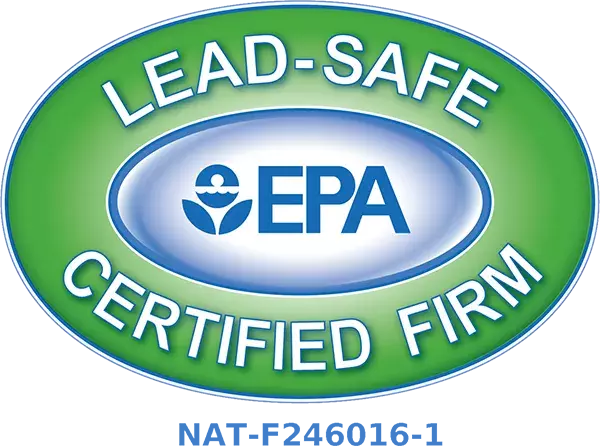When purchasing a new home, most people do not prioritize checking the risk of flooding. However, this doesn’t change the fact that many U.S. homes lie within flood zones, and many homeowners aren’t properly aware of the risks this implies or prepared to handle them.
Fortunately, there are several ways to find out if your home is in a flood-prone area. Some of the few easy ways you can do this are:
- Check FEMA’s Flood Map:
The Federal Emergency Management Agency (FEMA) maintains a Flood Map Service Center where you can search for your address and see if your property is located in a flood zone. The Flood Map Service Center Map provides details such as flood zones, floodways, and the level of risk your home faces from flooding. This can help you understand the potential damage that flooding can cause to your home.
- Check-in With Your Local Government
Another easy way to find out if your home is at risk of flooding is by checking with your local government. This is because your local government may have additional information, such as flood plain maps and flood zone regulations, that can help you understand the flood risk to your property. They may also be able to provide you with resources and advice on how to protect your home from flooding.
- Ask Your Insurance Provider
If you have flood insurance, asking your insurance provider is another alternative. Your provider can tell you if your property is in a flood zone and what the risk level is. If you don’t have flood insurance, consider getting a quote to better understand the potential costs associated with flooding and to protect your property.
- Talk To Your Neighbors
If your neighbors have experienced flooding, chances are your home is also at flood risk. Talk to your neighbors and ask them about their experiences and whether or not they took any steps to mitigate the risk of flooding.
- Consider Hiring A Professional Like Us
A flood risk assessment by a qualified professional can provide you with more detailed information about the flood risk to your home. We can also provide recommendations on how to minimize the risk of flooding and protect your property.


